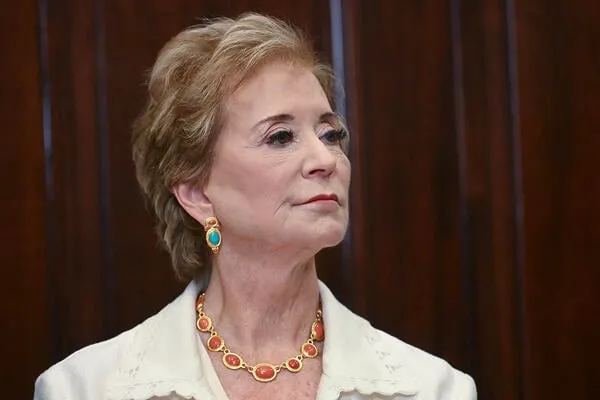To the Editor:
John Wilson is right (“No One is Gaslighting You,” Aug. 20, 2025) that the term “gaslight” can be abused and manipulated in ways that are tendentious, ad hominem and not empirically sound, as can many words and phrases.
However, that’s not an argument against its reality as a social phenomenon and its pernicious impacts. One of the common features of prejudice and discrimination is their denial. That doesn’t make all reported allegations of prejudice and discrimination accurate and true, but it is a frequent characteristic of expressions of prejudice and discrimination to deny their existence. Whether or not such forms of discrimination and prejudice are institutional or systemic may be legitimately contested. But, even if they do not meet the definitions of those terms, when prejudice and discrimination are repeatedly and extensively encountered and consequently undermine equality, freedom and access to justice, it is inimical to the respect and fulfillment of civil rights and human rights to focus on debating whether terms such as “gaslighting” or “institutional discrimination” are appropriate to describe real and widespread experiences of exclusion and abuse.
Rather, energy should be invested in correcting those alleged rights violations and reducing their prevalence and intensity, affirming human dignity, equity and equality, and respect for diversity. Like many forms of discrimination and racism, antisemitism is widespread in the United States. Sociological research shows that approximately one in four Americans holds substantially prejudiced anti-Jewish attitudes, including justification for discrimination and violence against Jewish Americans. Universities are not immune to these pejorative and harmful societal prejudices and beliefs; they reflect them. Elite institutions, including Harvard, are not ivory towers of moral virtue. Gaslighting is as real at universities as it is elsewhere and minorities—including Jews—experience it frequently. I have experienced it at my own university repeatedly and pervasively from different sectors of the university, including its leadership. Our new chancellor is trying to improve our campus climate and culture to ensure greater inclusion and respect for Jewish students, staff and faculty, but this will require substantial will and leadership, investment of resources, and the support of our university community as a whole.
The dynamics of abusive behavior and behavior that enables abuse—including in contexts of domestic abuse but not exclusive to it—–are such that bigotry often manifests as a denial of empathy, care, trust and responsiveness to individuals reporting and experiencing its harms, and concurrent attacks on their character, honesty and rights and hostile claims that their reported experiences are fabricated, exaggerated or made with malicious intent.
That should never be our response to harassment and discrimination that violate civil rights laws and undermine the ethos of our universities and their capacity to provide equal access to education without discrimination for everyone.



